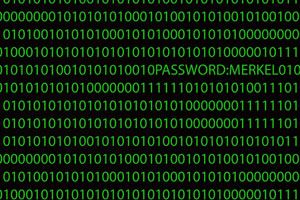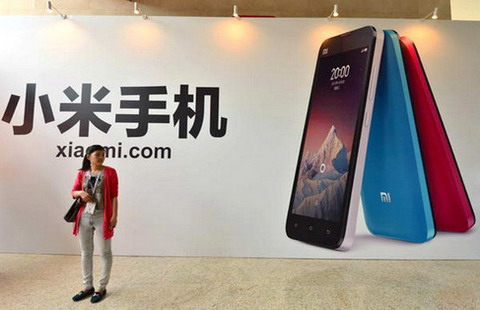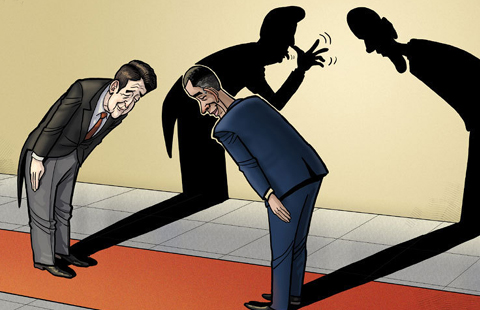Global efforts needed to free Net of attacks
By Tang Lan (China Daily) Updated: 2014-12-26 09:59Despite creating a controversy, The Interview has got a limited Christmas release. The most damaging part of the controversy has been the cyberattack on Sony Pictures Entertainment, which sparked a war of words between the United States and the Democratic People's Republic of Korea, and the subsequent loss of Internet connection in the DPRK.
The cyberattack on Sony at the end of November crippled its inner network for a week, and leaked huge volumes of protected materials, including movies, e-mails, financial accounts and other personal information of more than 47,000 company employees, film stars and directors. Worse, the hackers, calling themselves "Guardians of Peace", threatened another attack if Sony released The Interview in cinemas.
On Dec 19, the US Department of State, Department of Homeland Security and the Federal Bureau of Investigation all hinted that the DPRK could have organized the cyberattack. And US President Barack Obama called for proper measures against this "act of cyber vandalism".
 |
| China's 2013 cyber attacks quantified |
The DPRK first encountered problems accessing the Internet on Sunday. By Monday afternoon online connections were lost in parts of Pyongyang and by 1 am on Tuesday there was a complete breakdown in Internet connections in the DPRK, creating a national security scare.
No one can say for sure who launched these cyberattacks. Perhaps no one ever can, because different sides hold different views. But one thing is certain: cyberattacks are becoming increasingly destructive. What started as random and temporary targeting of Internet users has now developed into carefully planned attacks on specific targets such as governments, big corporations, and financial and energy centers.











